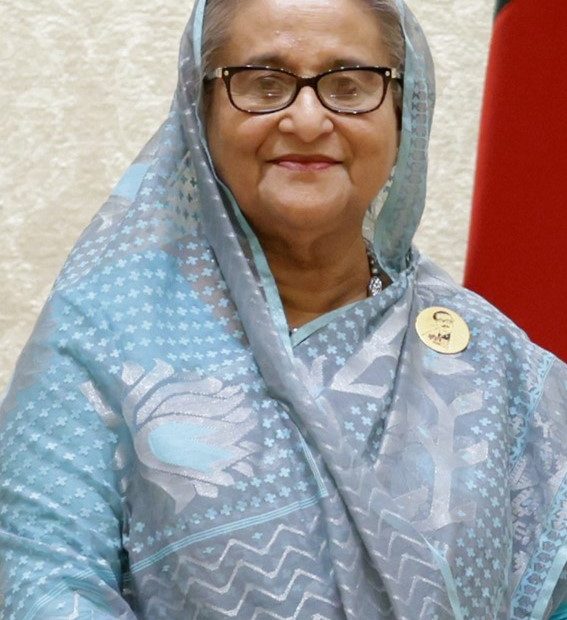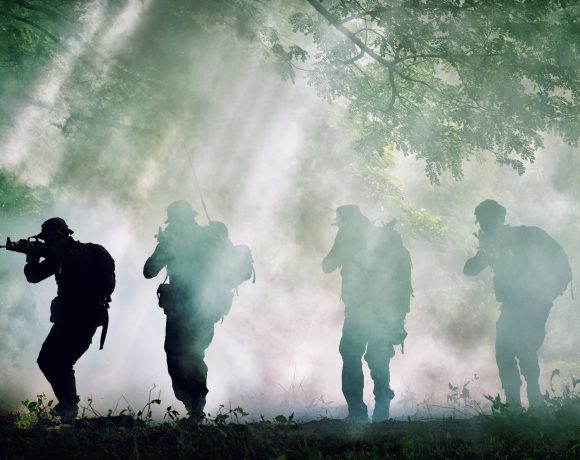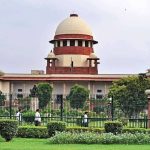
Bangladesh Court Issues Arrest Warrant for Ex-PM Sheikh Hasina
A Bangladeshi court has issued an arrest warrant for former Prime Minister Sheikh Hasina, who fled to India in August after being ousted following mass protests. Hasina is wanted by Bangladesh’s International Criminal Tribunal (ICT) for her alleged involvement in “crimes against humanity” during the protests, which led to the deaths of hundreds of people.
Charges of Crimes Against Humanity
The ICT has accused Hasina of orchestrating violence during the student-led demonstrations against government job quotas that erupted into mass unrest between July and August. More than 1,000 people were reportedly killed in the clashes, marking one of the bloodiest periods in Bangladesh since its independence in 1971. Sheikh Hasina, who ruled Bangladesh for over 20 years, was often criticized for her authoritarian leadership and severe crackdown on dissent.
The court has also issued arrest warrants for 45 others, including former ministers from Hasina’s government who have similarly fled the country. ICT chief prosecutor Mohammad Tajul Islam confirmed that the court has ordered Hasina to be produced in court on November 18.
Sheikh Hasina’s Exile in India and Diplomatic Tensions
Since fleeing Bangladesh, the 77-year-old former leader has remained out of public view, with her last known location being a military airbase near Delhi, India. Her presence in India has raised diplomatic concerns, as Bangladesh’s new interim government has revoked her diplomatic passport. Although Bangladesh and India share an extradition treaty, a clause allows for the refusal of extradition if the offense is deemed to be of a “political character.”
Hasina initially sought temporary refuge in India but has been unable to secure asylum elsewhere. Her continued stay in India has drawn criticism from some in Bangladesh, who are unhappy that she has been granted shelter while facing serious charges back home.
Bangladesh’s International Criminal Tribunal Proceedings
The tribunal, reconstituted by the new interim government, began its proceedings with several cases accusing Hasina of orchestrating mass killings of protesters. Critics, however, argue that the tribunal lacks sufficient expertise in international law, raising concerns about the fairness of the trial.
Sheikh Hasina’s son, Sajeeb Wazed, has publicly defended his mother, stating that she is prepared to face trial. “My mother has done nothing wrong,” Wazed told Reuters, maintaining that the charges against her are politically motivated.
The legal and political ramifications of Hasina’s trial, along with her presence in India, continue to challenge both Bangladesh’s interim government and its relationship with its neighboring country.


















